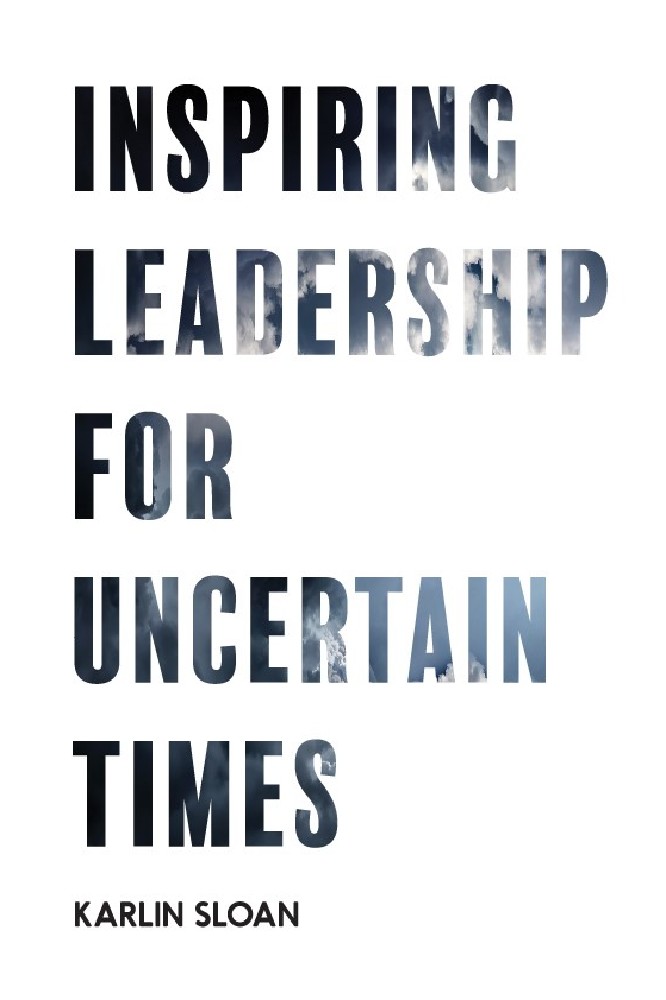From the Covid-19 pandemic to the wave of economic loss, personal loneliness, isolation, and deep uncertainty about what’s in store, this is a time when even the toughest of us can find ourselves struggling with stress.

Inspiring Leadership for Uncertain Times
How do we recover despite the changing world all around us? We need to tap into our innate human capabilities of resilience.
Resilience is the capacity to bounce back from change and challenge - no matter what the circumstance. It’s our instinctive human hardwiring to stretch, to learn, to grow and to take our circumstances and use them to become better rather than crumble under the weight of stress. Resilience means that we can transcend present circumstances by accepting reality and focusing on a positive future.
Let’s start with a simple model of what builds resilience - it’s all in your relationships:
1. Relationship to self (are you confident, optimistic, and able to manage your emotions?)2. Relationship to others (do you feel supported and connected?)
3. Relationship to your environment (how do you interpret the events that happen to you or around you?)
Making challenge into opportunity is simpler than it may sound. The first, most important thing is our MINDSET. This is basically the lens through which we view everything in our life. When we have confidence and optimism, much can be achieved. Whatever our circumstances are, we can choose to look at them from an optimistic or pessimistic viewpoint. It’s up to us! If we listen to the stories we tell about ourselves, about others, and about what happens to us we can re-shape our worldview. This approach is called altering our “explanatory style.” Numerous researchers have associated an optimistic explanatory style with better academic, athletic and work performance, better coping skills, less likelihood of succumbing to depression and better physical health.
Explanatory style revolves around the “3P’s” that were identified by American psychiatrist and educator, Martin Seligman, known as one of the progenitors of the “positive psychology” movement. These 3Ps are: Permanence, Pervasiveness, and Personalization.
· Permanence: Believing a bad situation will last forever
· Pervasiveness: Believing that situation applies across all parts of your life
· Personalization: Believing that ultimately the problem is you, instead of considering that outside factors are at play
So, what does this mean for building your own resilience? The first three steps are:
1.) Focus on your own individual strengths. When we focus, we broaden and build what we focus on. We have a choice – if we focus on what we don’t have, can’t do, or are lacking2.) Build relationships and community. In a time of increased social distancing and virtual workplaces we need to be ever more conscious of building a sense of group unity and individual trusting relationships.
3.) Watch your words. The stories you tell are powerful, for good or for ill. If you take this week to focus on what you say out loud and make sure to practice discipline around your “explanatory style” it will make a powerful impact. When you want to complain, think first and reframe that complaint into a request or action. When you want to tell a negative story, reframe it into an opportunity to learn from hardship or difficulty versus collapse under it.
Karlin Sloan is a global leadership & development coach, CEO of Sloan Group International and author of new book, Inspiring Leadership for Uncertain Times.

